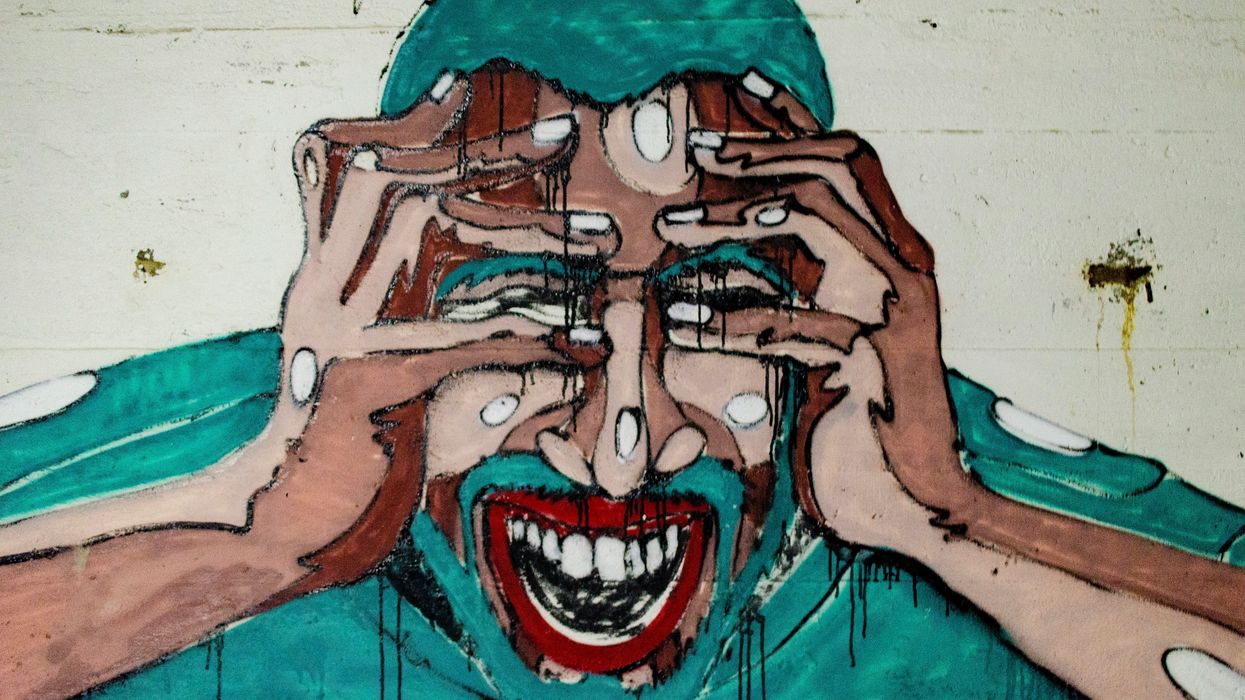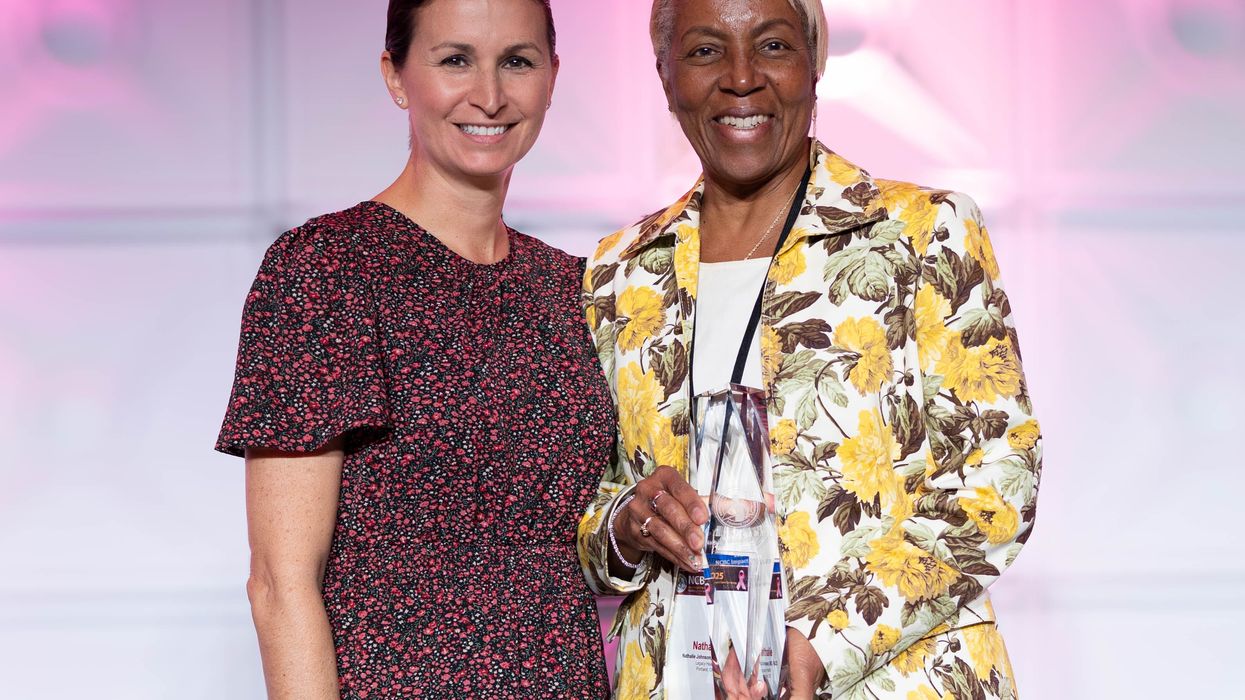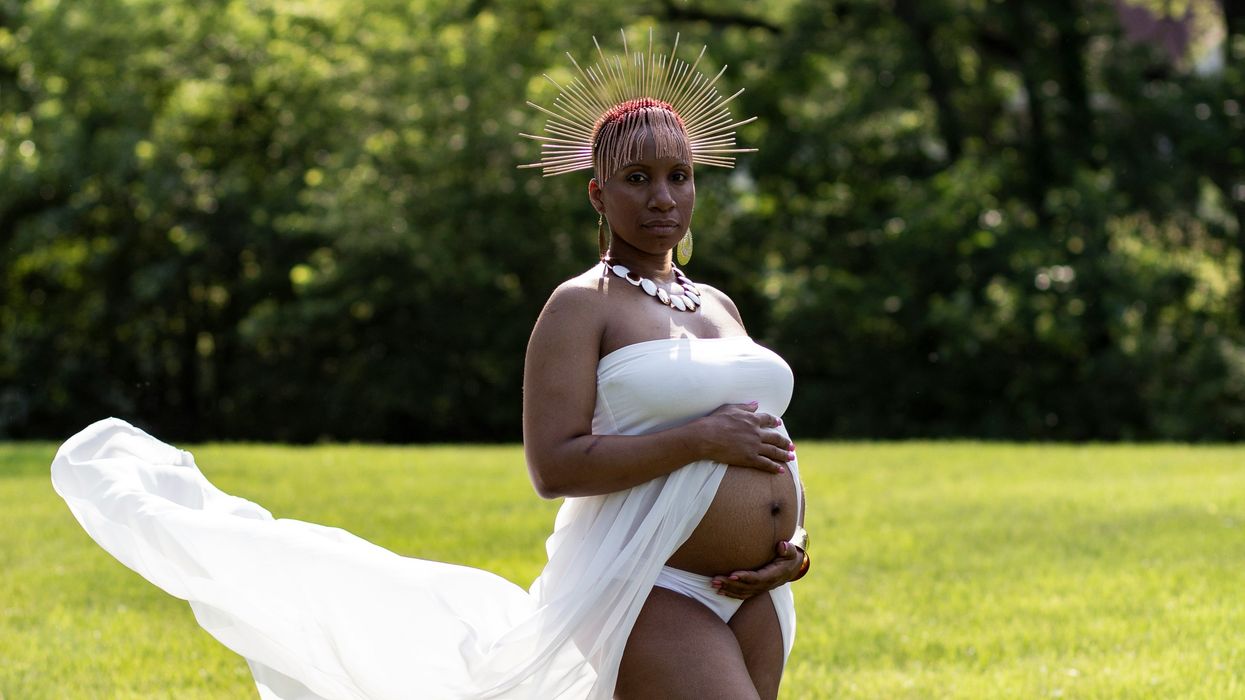Domestic abuse remains a pervasive issue in societies worldwide, transcending boundaries of age, ethnicity, and socioeconomic status. Among millennials, the largest and most diverse generation in history, the specter of domestic abuse casts a long shadow, impacting individuals from minority communities in profound and often overlooked ways. In exploring this pressing issue, it becomes evident that millennial minorities face unique challenges and barriers in confronting and addressing domestic abuse within their communities.
For millennial minorities, navigating the complexities of domestic abuse can be particularly daunting. Cultural expectations, familial pressures, and generational divides may contribute to a culture of silence and stigma surrounding intimate partner violence. The intersectionality of race, ethnicity, gender, and sexuality further complicates experiences of abuse, amplifying vulnerabilities and exacerbating barriers to seeking help.
Cultural norms and values within minority communities can influence perceptions of domestic abuse and shape responses to it. In some cultures, there may be a reluctance to acknowledge or address abuse openly, out of fear of bringing shame upon the family or community. Language barriers, immigration status concerns, and distrust of authorities may also hinder access to support services and legal protections for survivors.
The digital age has ushered in new avenues for perpetuating domestic abuse and exerting control over victims. Social media, messaging apps, and technology-enabled surveillance tools can be wielded as weapons of coercion and intimidation, exacerbating the power dynamics within abusive relationships. Furthermore, cyberbullying, online harassment, and revenge porn pose additional threats to the safety and well-being of millennial minorities.
Empowering millennial minorities to break the cycle of abuse requires a multifaceted approach that combines advocacy, education, and community support. Culturally competent outreach efforts, led by grassroots organizations and community leaders, are essential for raising awareness, challenging cultural stigmas, and fostering safe spaces for survivors to seek help.
Comprehensive education programs, both online and offline, can equip individuals with the knowledge and skills to recognize the signs of abuse, assert their boundaries, and access support services. By amplifying diverse voices and lived experiences, we can dismantle harmful stereotypes, challenge patriarchal norms, and cultivate a culture of consent and respect within minority communities.
Breaking the cycle of domestic abuse among millennial minorities requires collective action and solidarity across communities. Allies and advocates from all backgrounds must actively listen, learn, and amplify the voices of survivors, centering their experiences in efforts to effect meaningful change. By building bridges of understanding and fostering inclusive spaces for dialogue, we can create a future where every individual, regardless of race, ethnicity, or identity, can live free from fear and violence.
Domestic abuse among millennial minorities is a complex and multifaceted issue that demands our unwavering attention and commitment. By acknowledging cultural dynamics, dismantling barriers to support, and fostering empowerment through advocacy and education, we can create a more just and equitable society where all individuals are valued, heard, and respected. Together, let us stand in solidarity against domestic abuse, forging a path towards healing, justice, and collective liberation.







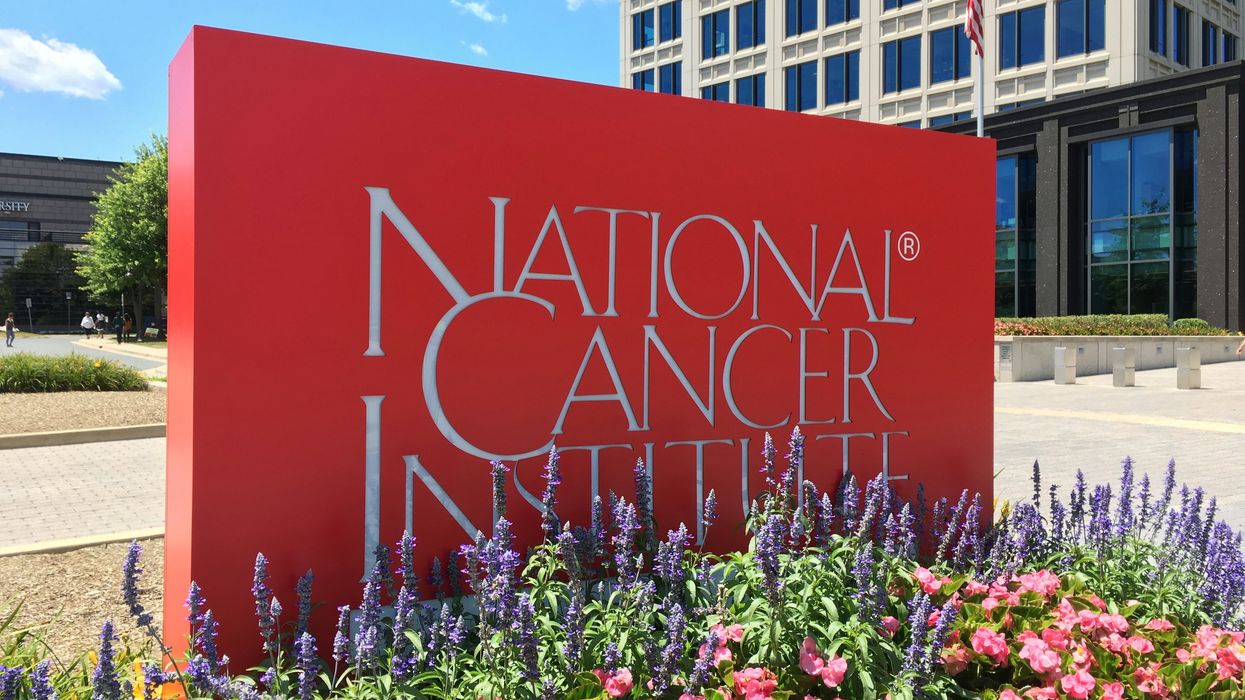


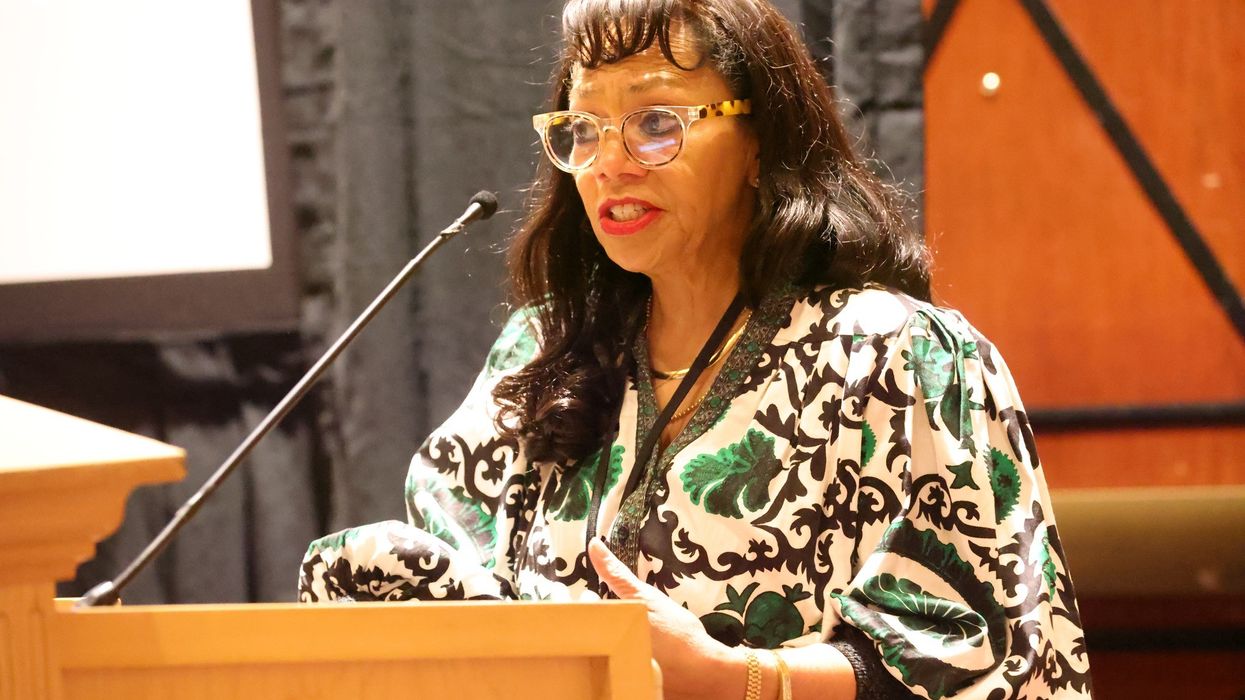
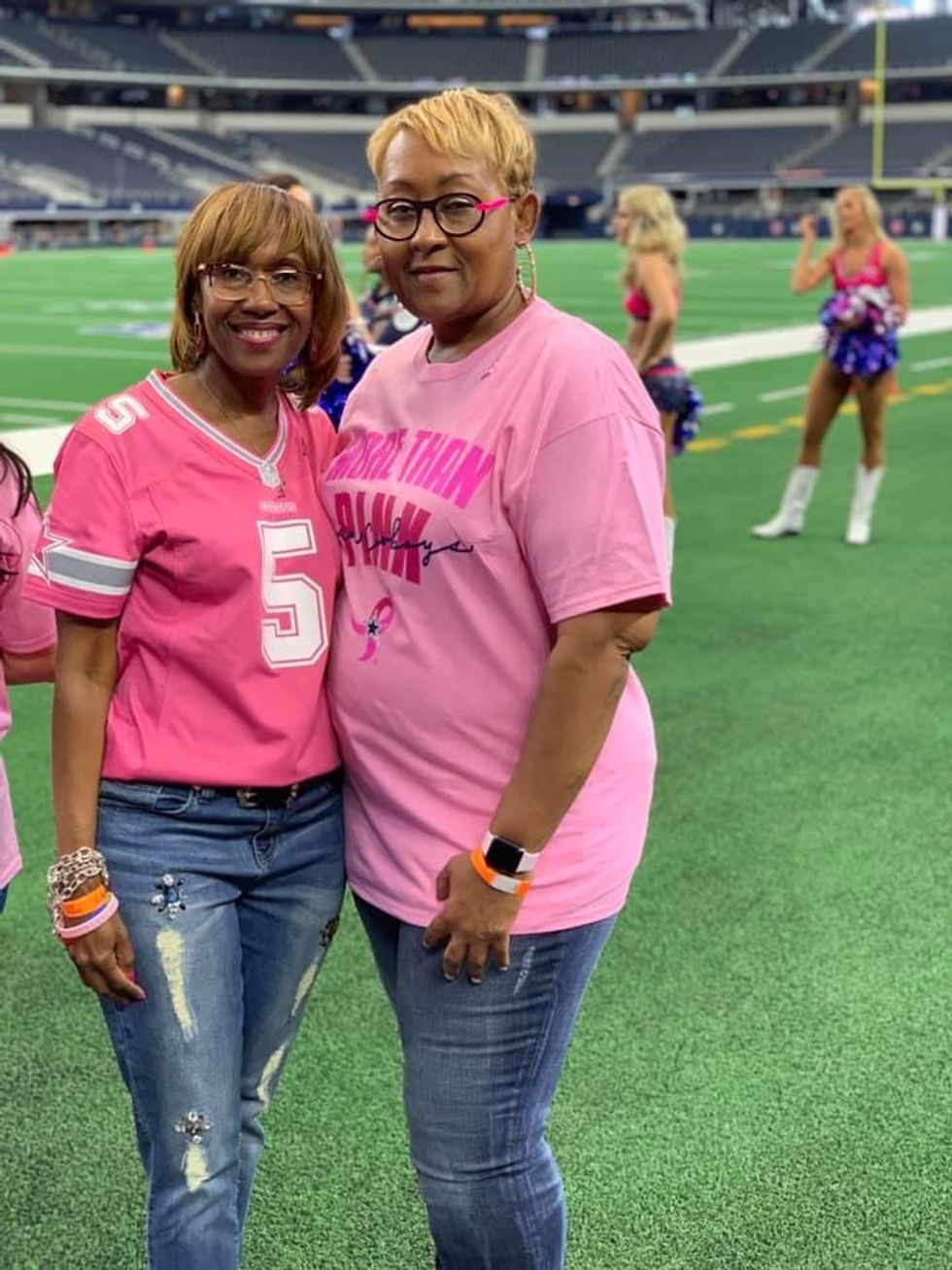 Ragina Ireland has been lovingly supported throughout her cancer journey by her sister, Johnnie Ireland. Four years ago, Ragina took a Cancer Genetic Risk Assessment test to help give her sister a clearer understanding of her own risk for developing breast cancer.
Ragina Ireland has been lovingly supported throughout her cancer journey by her sister, Johnnie Ireland. Four years ago, Ragina took a Cancer Genetic Risk Assessment test to help give her sister a clearer understanding of her own risk for developing breast cancer. 

